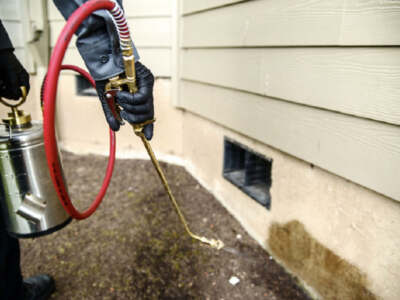While you’re sure to be prepared for most eventualities when you take your kids on a family day out, as all parents know, accidents do happen.
So, if your child is injured away from home, you should make sure you remember the following five vital steps.
1. Assess Your Child’s Condition and Call 911 if Your Child Is Seriously Injured
Firstly, and most importantly, you need to assess your child to see if he or she appears to have a minor injury like a cut or graze or a more serious injury.
If your child has any serious visible injury to his or her thighs, hips, back, neck, head, or another body part, you should call 911.
You should also call emergency services if your child is having trouble breathing, isn’t breathing at all, is unconscious, or is having a seizure.
2. Get Medical Attention
If your child hits his or her head, there may be no noticeable symptoms, but you should always get your child checked out by a medical professional after a bump or jolt to the head, so make sure you get to an emergency department at a hospital straight away if you haven’t called 911.
You should also get medical attention as soon as possible if your child:
- Vomits more than once.
- Becomes sleepy or is finding it hard to wake up.
- Complains of increasing pain anywhere on his or her body.
- Cannot focus his or her eyes normally.
- Cannot walk normally.
- Is upset for a long time and cannot be comforted.
- Is showing any symptoms or behavior that worries you.
3. Apply Appropriate First Aid and Comfort Your Child
If your child only has minor injuries, like cuts and bruises, you should also take care of your child’s injuries with basic first aid.
For instance, if your child has had a fall, you could give him or her ibuprofen for the pain, apply antiseptic cream and a band-aid to a minor cut, or place a compressed ice pack on any bruises.
You should always keep a first aid kit with you, but if you do not have one with you or in the car, either head home or go to a local pharmacy; whichever is quicker.
Of course, it’s also very important that you comfort your child directly after an injury and as you apply first aid, but as a parent, you’ll naturally do that and won’t need to remember to do so.
Once home, make sure you keep a close eye on your child for the next twenty-four hours to ensure he or she has not developed any symptoms and is not displaying any unusual behavior. After all, your child’s safety is paramount.
4. As Soon as It’s Practical, Contact a Personal Injury Lawyer for Advice
If your child’s injury was due to the negligence of an individual or an organization, you should contact a personal injury lawyer for advice.
You may be able to claim compensation to cover the cost of things like medical bills.
So, if your child is hurt because he or she slipped on a wet floor at a museum when there was no signage or a climbing frame broke as your child was climbing on it, for example, contact an experienced personal injury lawyer.
To learn more about what a personal injury lawyer does and how he or she can help, you will find all your questions answered at Dolman Law.
5. Take a Moment to Debrief
Lastly, once you are home after the accident, make sure you take time to debrief with your child about what happened.
It’s good to talk things through as it enables your child to express how he or she feels and move forward.














Comments